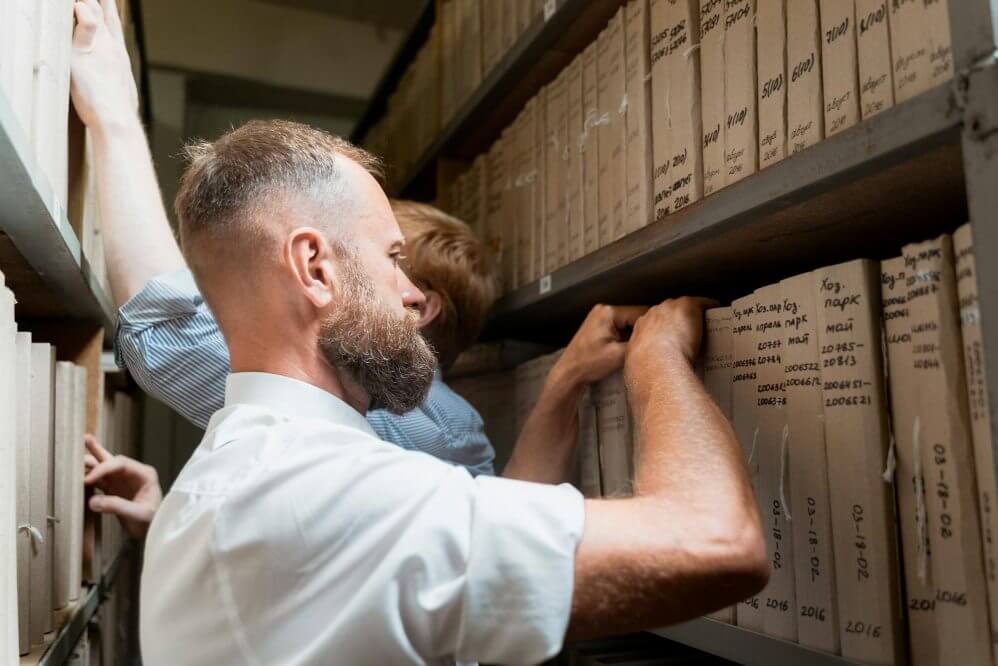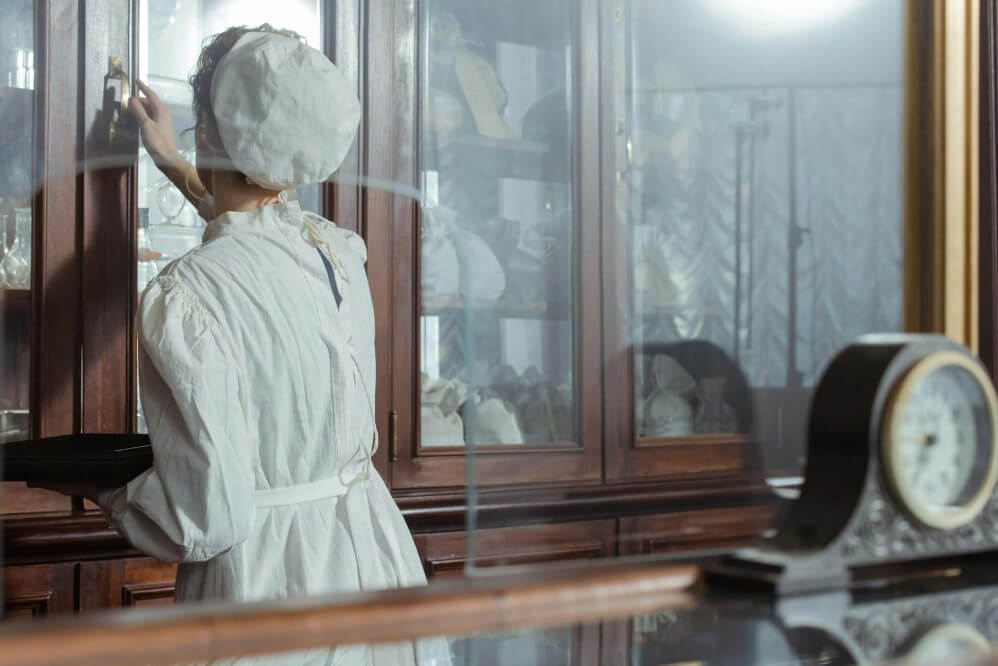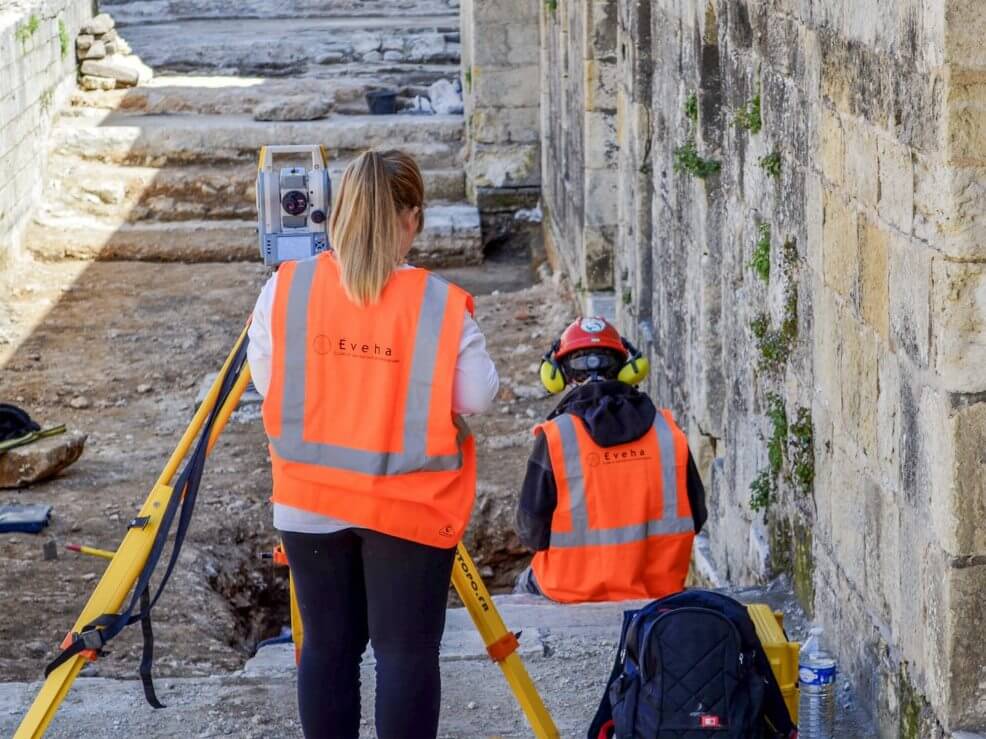What Could I Do With My Qualification? Jobs You May Not Have Explored: History
Sometimes, it can feel as though the job options within certain fields are limited. You might not be sure what options are out there. You may even end up choosing a different career path even though you’re passionate about the subject.
To help with this and to show you some of the surprising job roles that you could do with specific qualifications, we’ve written this article. In this ongoing series, we will explore different subjects you might study at school, and the roles that you could move towards by studying them. By going beyond the basic advice, you could discover some new options that you might want to pursue in your career!
And our first topic is, *drum roll*… History!
Job roles that may surprise you
The weird and wonderful places you could end up from studying history are truly surprising. We’ve picked three roles you could do in the future within Greater Manchester.
Archivist
As an archivist, your role is all about managing information from the past. The role of an archivist is to find sources of information and then to preserve them.
This information can come in a huge range of different formats. It could be books, posters, films or games. That video game you were obsessed with as a kid? Yes, that too will live in an archive one day, so that future generations can learn about us.
There are two pathways to become an Archivist. First, there’s the academic route. You’ll need an undergraduate degree in History or something closely related. You’d then go on to study Archives and Records Management at Postgraduate level.
Other routes are level 7 apprenticeships. However, every program is different, and some may ask that you’ve been to university first.


Museum Curator or Exhibitions Officer
The purpose of this role is to organise and plan collections of artifacts to be exhibited. Curators are responsible for sourcing pieces for a collection and arrange how it will be shown. As part of their role, they might also lead talks or workshops to share their knowledge.
There are three routes to this type of role. The first is going to university and studying history or relevant subject. Then, move on to do a postgraduate course in Museum and Gallery studies, or a topic you’d like to specialise in.
There are also Curator Apprenticeships. But like Archivist programs, each employer will have their own requirements. So, it’s always worth reading the description carefully.
The third option is by working up the career ladder. By starting out in lower-level roles, once you’ve got enough experience, you could get promoted up to be a curator or exhibitions officer.
Archaeologist
The role of an archaeologist is to study artifacts from the past. Firstly, they carry out investigations, normally through something called excavations. They can spend months or even years on projects. Then it’s time to dig a little deeper, to understand what those items can tell us about the people and the communities they’re studying.
You could pursue this path by studying Archaeology or something similar in university, before moving on to do a postgraduate qualification. Or you can do an apprenticeship. Apprenticeships in this field begin at level 3 and go all the way up to a level 7.
There’s more…
In addition to these career paths, there are a lot of other job roles out there that you could go into with a history qualification. Historians, Genealogists, Anthropologists, or Tour Guide roles are other options you could consider. Researching the roles thoroughly should help you decide if they’re right for you.
So, there we have it! Our quick stop guide to all things history careers!
Join us again, when we explore other fields and their niche career paths.


Archivist
As an archivist, your role is all about managing information from the past. The role of an archivist is to find sources of information and then to preserve them.
This information can come in a huge range of different formats. It could be books, posters, films or games. That video game you were obsessed with as a kid? Yes, that too will live in an archive one day, so that future generations can learn about us.
There are two pathways to become an Archivist. First, there’s the academic route. You’ll need an undergraduate degree in History or something closely related. You’d then go on to study Archives and Records Management at Postgraduate level.
Other routes are level 7 apprenticeships. However, every program is different, and some may ask that you’ve been to university first.

Museum Curator or Exhibitions Officer
The purpose of this role is to organise and plan collections of artifacts to be exhibited. Curators are responsible for sourcing pieces for a collection and arrange how it will be shown. As part of their role, they might also lead talks or workshops to share their knowledge.
There are three routes to this type of role. The first is going to university and studying history or relevant subject. Then, move on to do a postgraduate course in Museum and Gallery studies, or a topic you’d like to specialise in.
There are also Curator Apprenticeships. But like Archivist programs, each employer will have their own requirements. So, it’s always worth reading the description carefully.
The third option is by working up the career ladder. By starting out in lower-level roles, once you’ve got enough experience, you could get promoted up to be a curator or exhibitions officer.

Archaeologist
The role of an archaeologist is to study artifacts from the past. Firstly, they carry out investigations, normally through something called excavations. They can spend months or even years on projects. Then it’s time to dig a little deeper, to understand what those items can tell us about the people and the communities they’re studying.
You could pursue this path by studying Archaeology or something similar in university, before moving on to do a postgraduate qualification. Or you can do an apprenticeship. Apprenticeships in this field begin at level 3 and go all the way up to a level 7.
There’s more…
In addition to these career paths, there are a lot of other job roles out there that you could go into with a history qualification. Historians, Genealogists, Anthropologists, or Tour Guide roles are other options you could consider. Researching the roles thoroughly should help you decide if they’re right for you.
So, there we have it! Our quick stop guide to all things history careers!
Join us again, when we explore other fields and their niche career paths.

